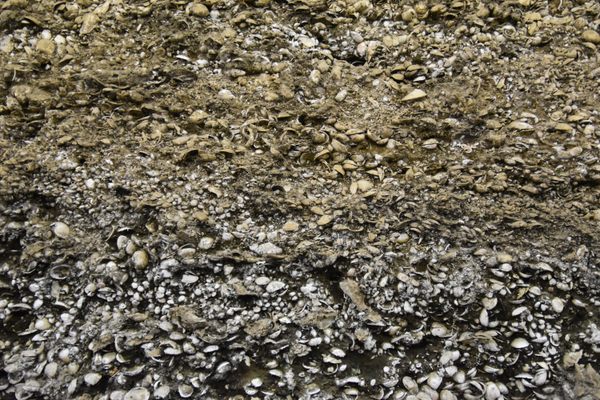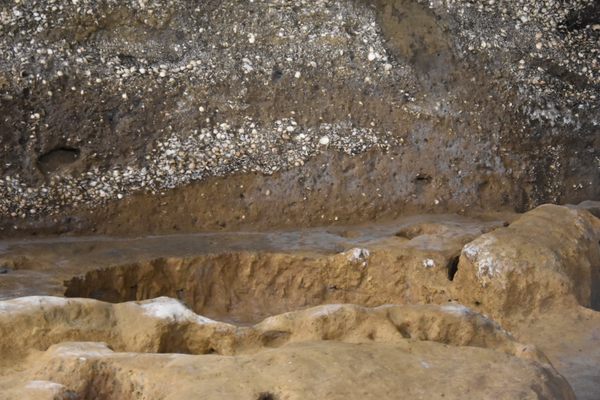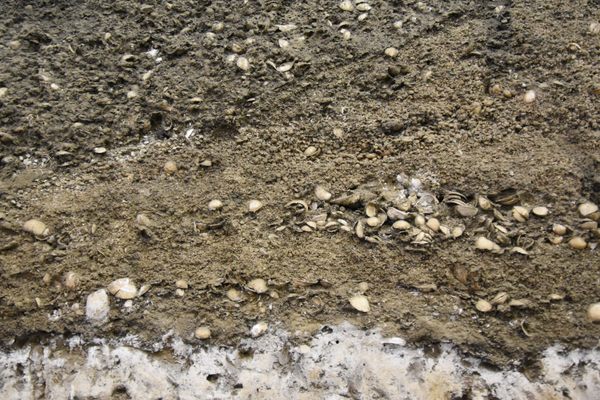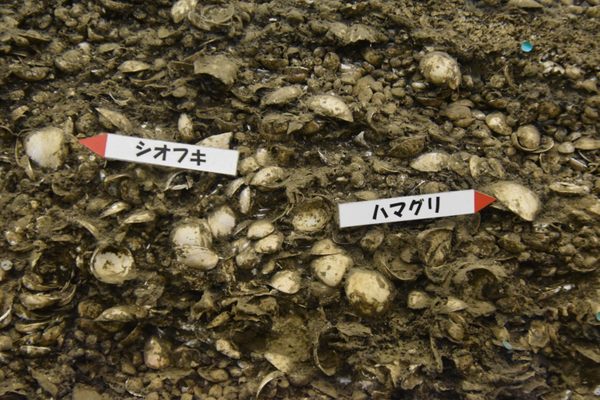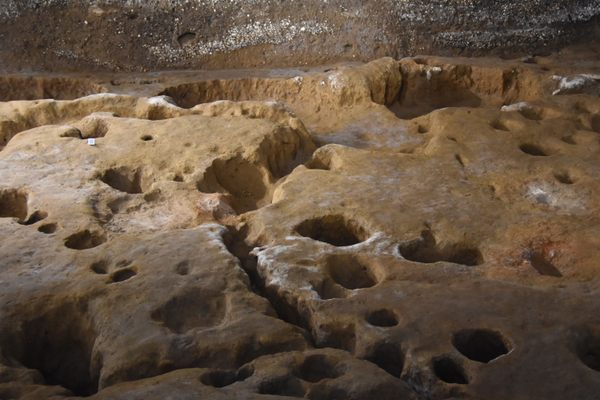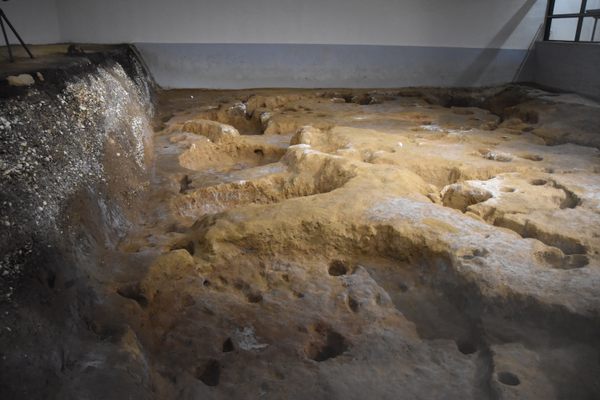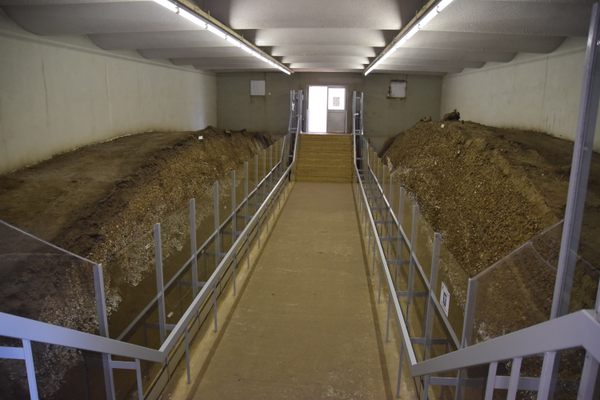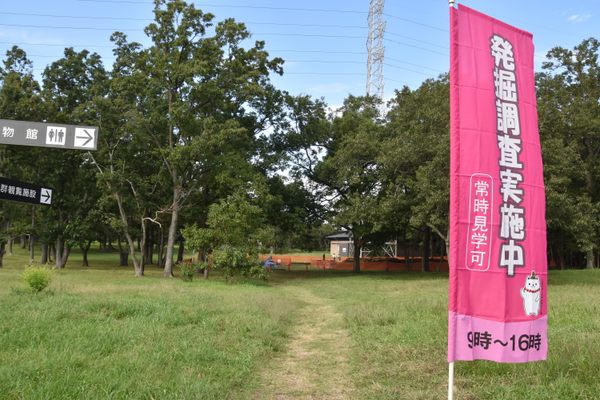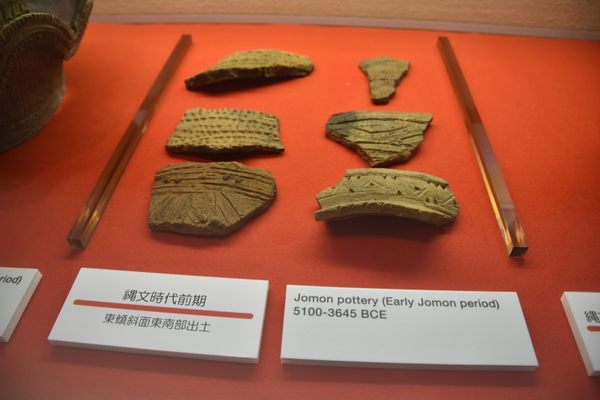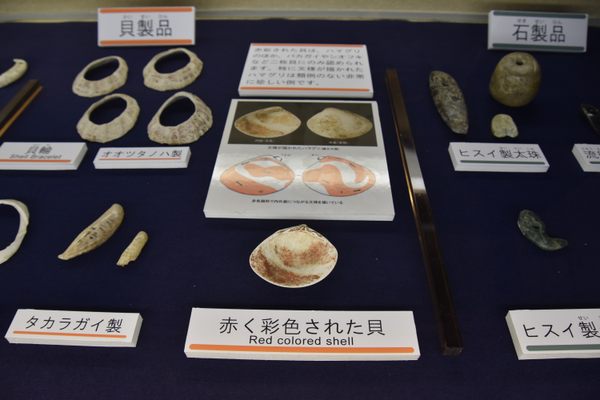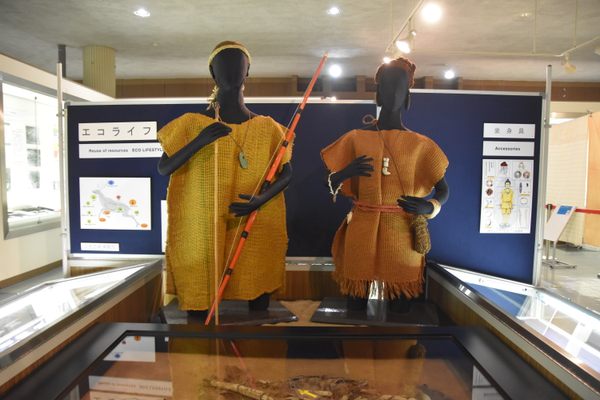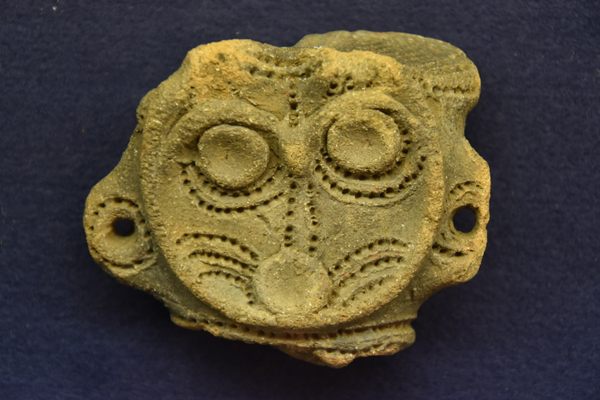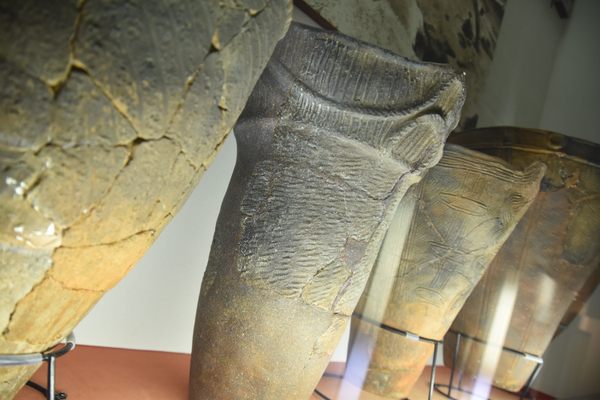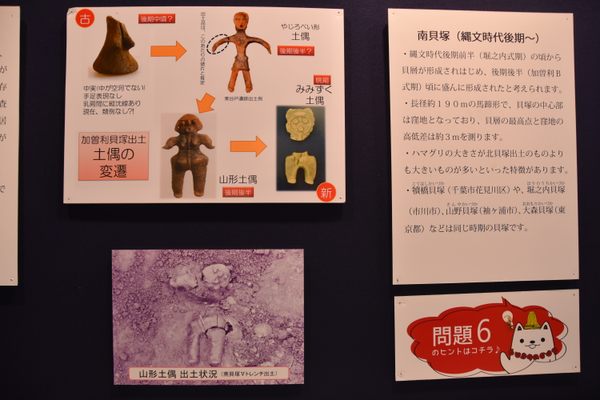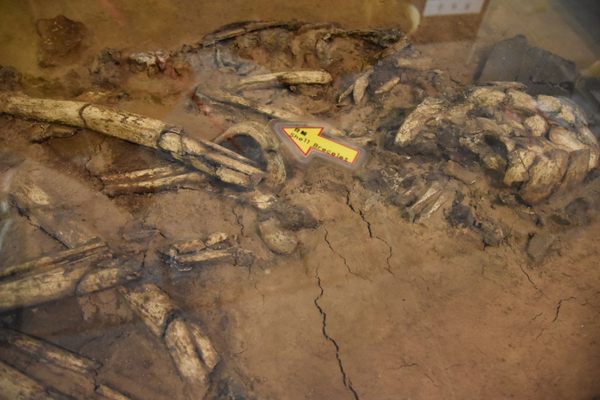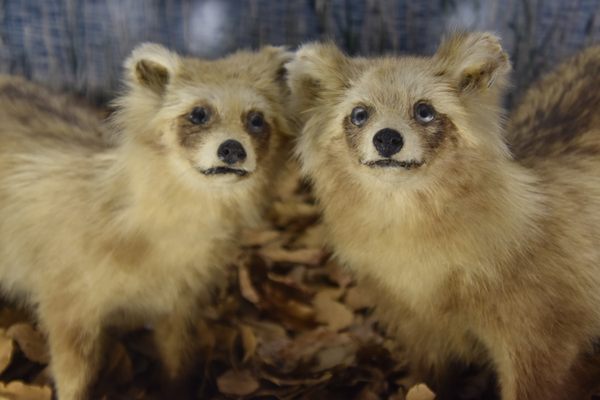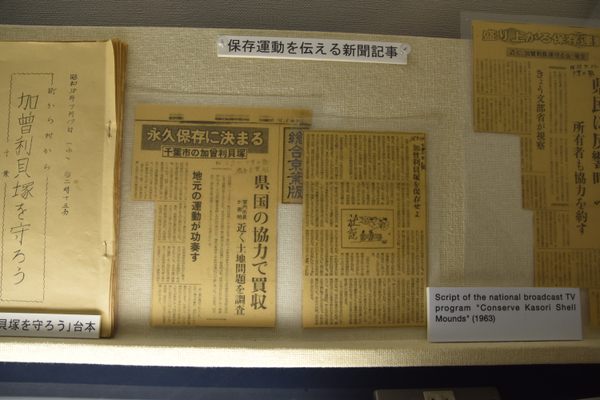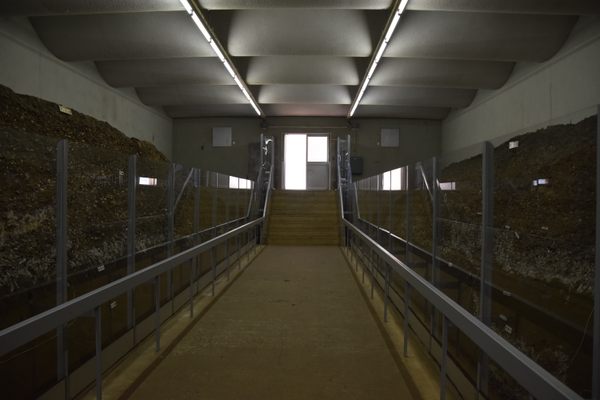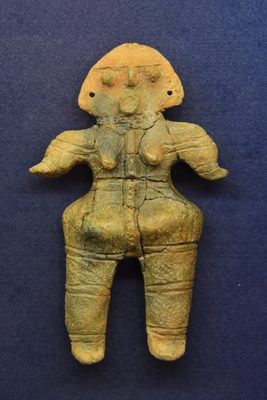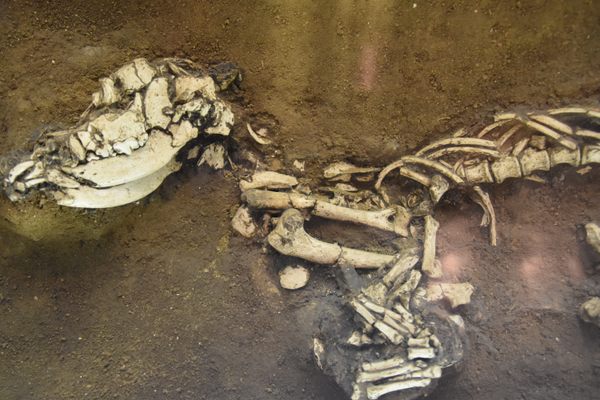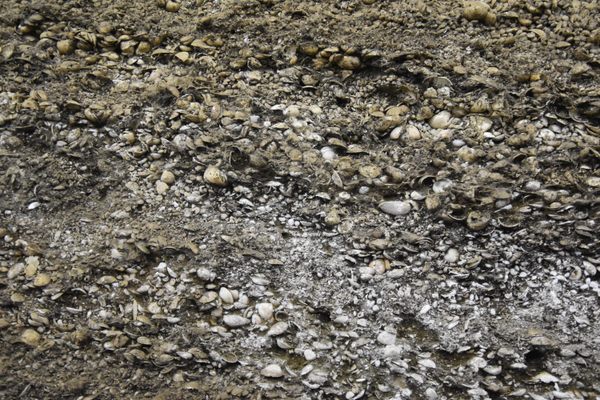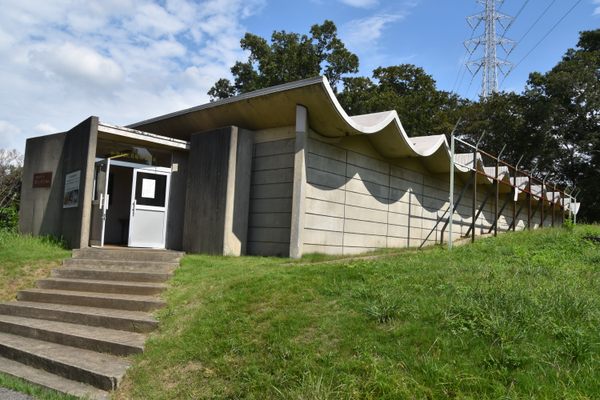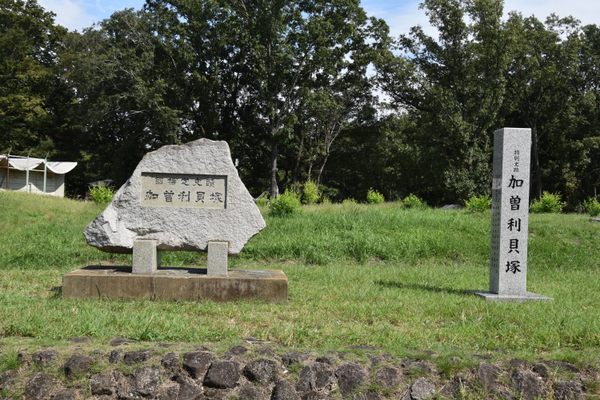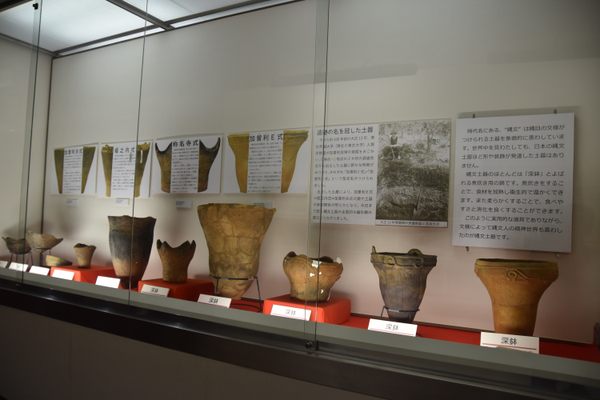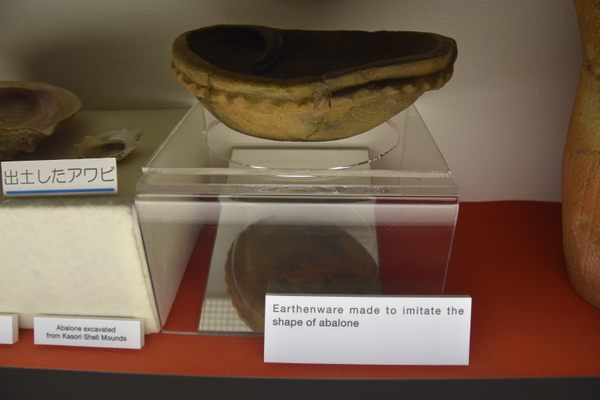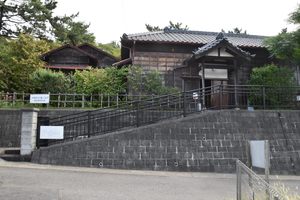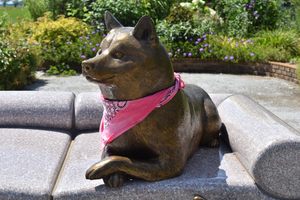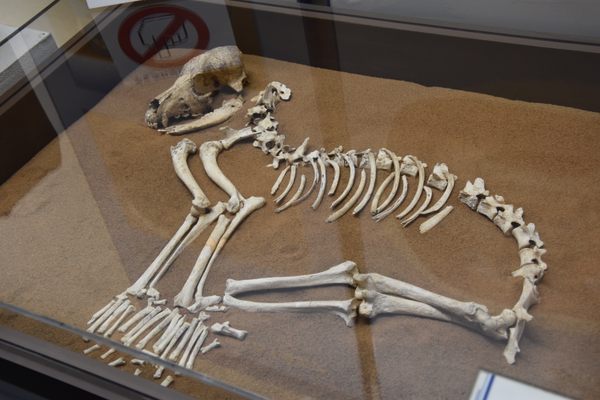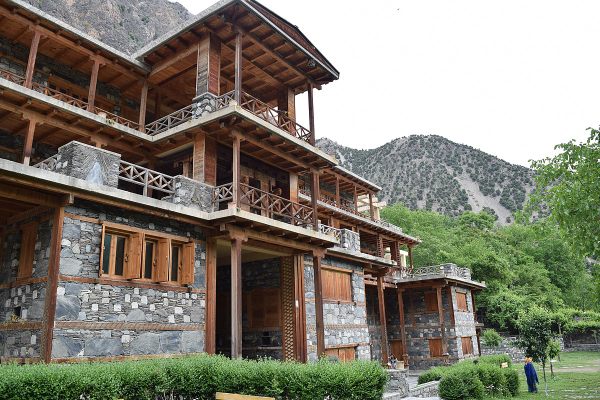About
The archaeological site of Kasori in Wakaba Ward, Chiba City, is the largest cluster of shell mounds in Japan. Covering about 33 acres, it consists of two neolithic middens connected in a figure of eight, including the remains of more than 100 pit dwellings.
Discovered in 1887 and first excavated in 1924, the Kasori shell mounds have become a type site for the Kasori type earthenware of the Middle Jōmon period, commonly found in the Kantō region. The finds included pottery vessels of various shapes and sizes, earrings and Venus figurines, and lots of seashells and bones discarded thousands of years ago.
In 2017, the middens were granted a Special Historic Site status by the government, an honor shared with less than 60 locations across Japan. Its preservation owes a ton to local high school teacher and archaeologist Munehisa Takeda, who led a public outcry against the urban development firm that was threatening to raze the site.
Thanks to this movement, the site was saved from development and preserved as an archaeological park with a museum founded in 1966. Additionally, a pair of galleries exhibit the remains of pit houses and shell middens as is, showing the layers of dirt and countless seashells that give you a glimpse into prehistoric Japan.
Related Tags
Hidden Japan: Sado Island, Nara & Kyoto
Explore a different side of Japan.
Book NowCommunity Contributors
Added By
Published
October 23, 2023
